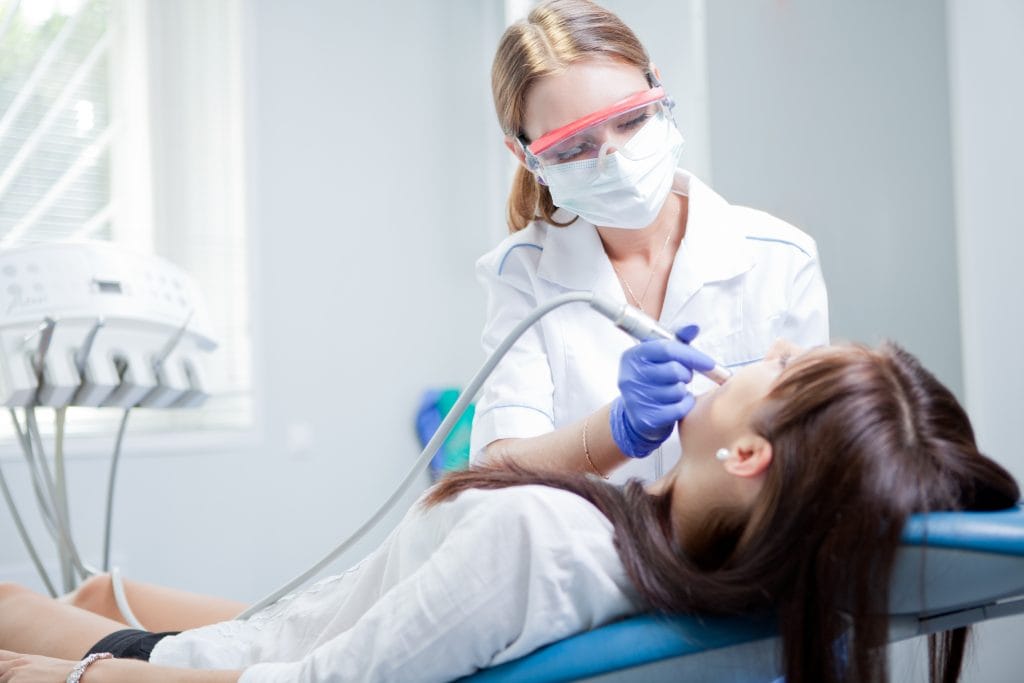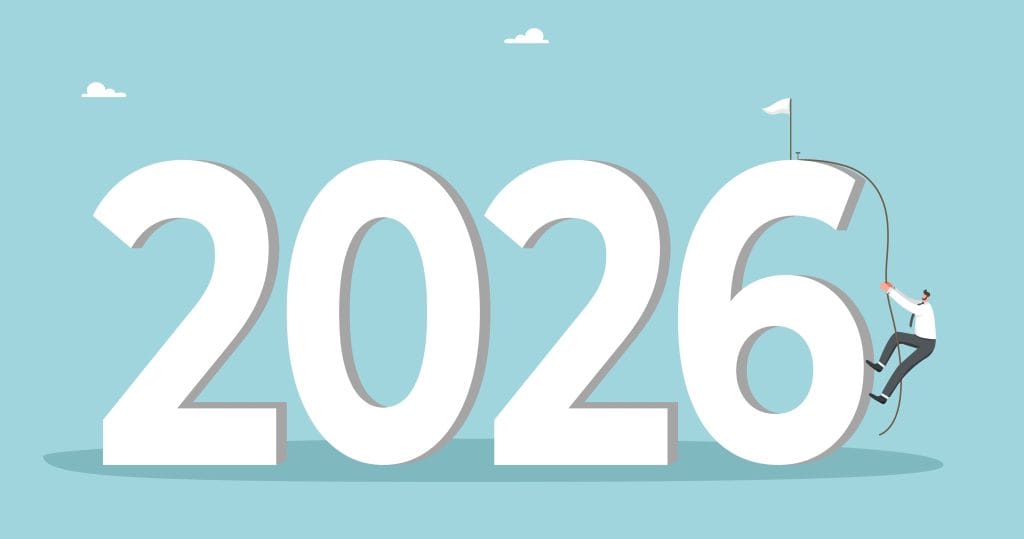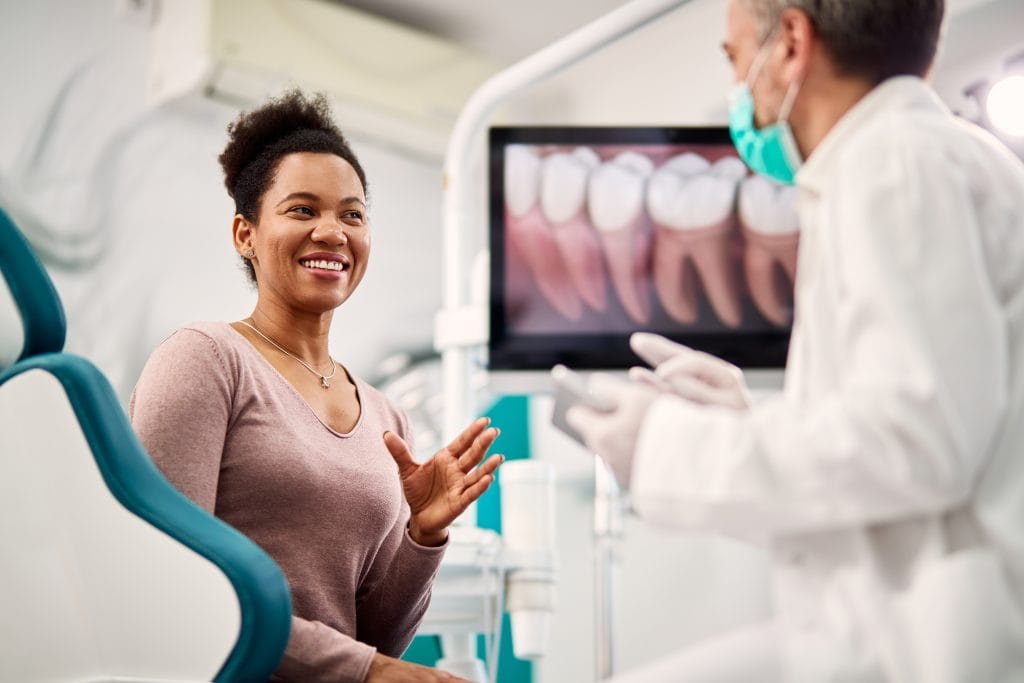Last updated on November 19th, 2025 at 11:59 pm
Last updated on November 19th, 2025 at 11:21 pm
Last updated on October 30th, 2025 at 03:20 pm

Is your hygiene department quietly holding your practice back? Many dentists overlook it, but hygiene is the engine that drives long-term growth—and with the right systems in place, it can become your most reliable source of production.
If you want steady, predictable growth in your dental practice, you can’t ignore your hygiene department. Hygiene isn’t just about cleanings—it’s the foundation of everything that follows. Major cases, ongoing treatment, and long-term patient relationships all begin here. When hygiene is efficient and well-run, the entire practice benefits. When it isn’t, you end up with gaps in the schedule, patients slipping away, and production that never quite reaches its potential.
So how do you make hygiene more efficient? Let’s break it down step by step.
Stop the Leakage
The first step is simple but critical: no patient should ever leave your office without their next hygiene appointment on the books. This is where most practices lose ground. Everyone knows it should be done, but when it’s treated as a shared responsibility, it often falls through the cracks.
The fix is to make it one person’s job. Whether it’s the hygienist, a dedicated hygiene scheduler, or someone at the front desk, there must be clear accountability. At walkout, the appointment should always be verified. If it hasn’t been scheduled, it gets handled immediately.
It’s also important to set the expectation with the patient. Once their appointment is scheduled, it’s considered confirmed. Yes, your office will send reminders, but the responsibility ultimately rests with them. This small change makes a big difference in reducing last-minute cancellations and no-shows.
Strengthen Your Follow-Up

Even with airtight scheduling, patients won’t always show unless your confirmation system is reliable. Consistency is key. Whether you’re using calls, texts, or emails, make sure patients know what to expect from your office.
Some practices rely heavily on technology, while others still prefer personal calls, especially for patients who have a history of canceling. The format matters less than the consistency. A patient who receives clear and reliable reminders is far more likely to show up.
The Compliance Problem
Here’s where things get trickier. In most practices, only about 40 percent of patients are truly hygiene-compliant. That means the majority aren’t coming in regularly, and that’s a huge gap in your schedule and production.
This isn’t usually because patients don’t want to come in or because they’ve found another dentist. More often, it’s because no one in the office is actively managing hygiene. Building compliance requires a deliberate, focused effort—it doesn’t happen by accident.
Why You Need a Hygiene Coordinator

One of the best solutions is to appoint a hygiene coordinator. This is someone whose primary responsibility is expanding and maintaining the hygiene schedule. Instead of vaguely asking the front desk to “make some hygiene calls,” you give this person specific goals with deadlines attached.
For example, you might set the target of adding one additional hygiene day within six weeks, and then another within the following month. When the objective is concrete, it creates urgency. The coordinator isn’t just filling holes here and there; they’re actively growing the department.
And to be effective, results have to be measured. Don’t just track how many calls were made—track how many appointments were scheduled, how many patients actually showed up, and how many days of hygiene were added to the schedule. This level of management is what takes hygiene from being an afterthought to being a driver of growth
Creative Solutions for Staffing
Of course, not every office has the immediate bandwidth for a dedicated hygiene coordinator. That’s when you need to get creative. I’ve seen practices bring in local high school or college students for a few hours a day to make calls. It doesn’t require clinical expertise—just good communication skills and a clear script.
This kind of part-time help can take a huge weight off your team while still pushing the hygiene department forward. It’s a relatively small investment that pays off in a big way.
Why This Matters

At the end of the day, the health of your hygiene department determines the health of your practice. Every crown, implant, or full-mouth case begins in hygiene. A strong hygiene program means
more consistent patient flow, more case acceptance, and higher collections across the board.
When practices stall, the problem is rarely that there aren’t enough new patients. More often, it’s that the existing patients aren’t being managed properly in hygiene. By tightening up your systems, assigning clear responsibility, and actively working to expand hygiene, you unlock growth that’s already sitting inside your practice.
Final Thoughts
Improving efficiency in your hygiene department isn’t about working harder—it’s about building structure. Assign responsibility, hold patients accountable, strengthen your follow-up, and dedicate real attention to compliance. When you do, hygiene stops being a headache and becomes the engine that drives your practice forward.
For any additional questions, give us a call at (800) 640-1140 or email me at sabrib@mgeonline.com



No Comments
Be the first to start a conversation